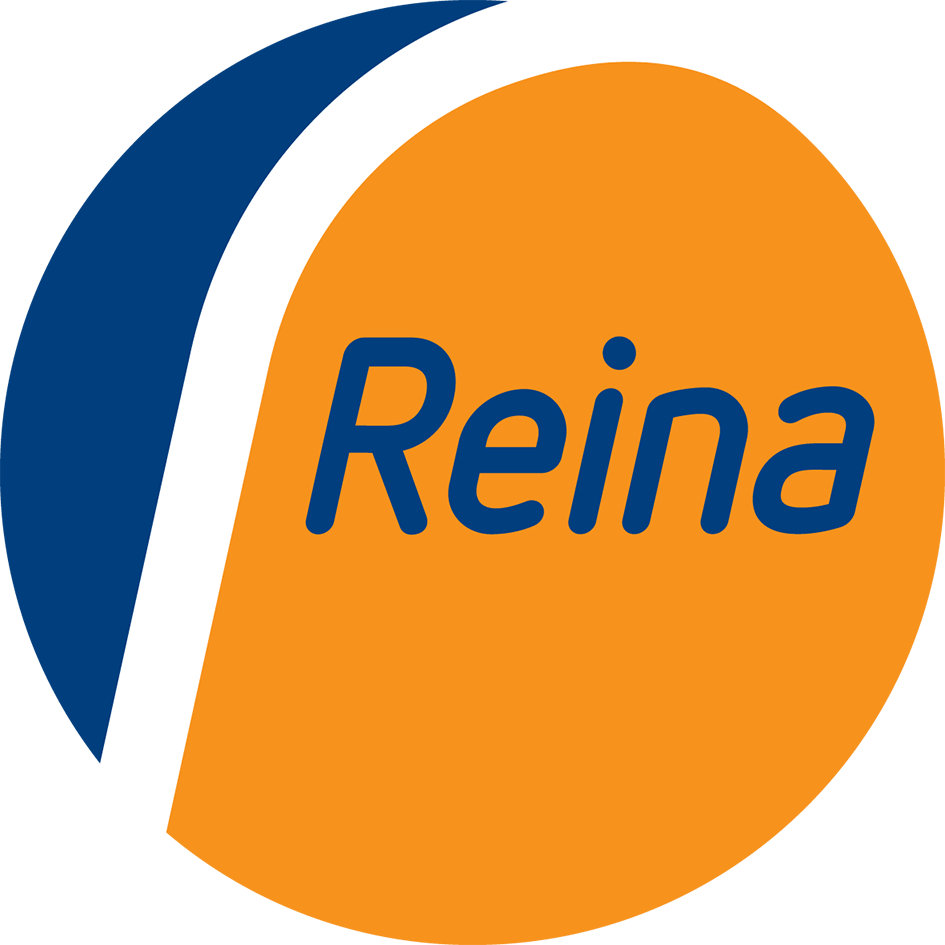Landlords can benefit from installing heat pumps
Heat pumps are one of the renewable heating systems eligible for the Renewable Heat Incentive (RHI). By installing air or ground source heat pumps into your properties your tenants can benefit from lower energy bills and you can collect the quarterly payments for the next seven years.
Why install renewable heating technology into rental properties?
Heat pumps are an environmentally friendly and economical way of heating a home. Installing renewable heating systems such as these will enhance your green credentials and attract prospective tenants to your property.
Heat pumps are a green alternative to electric heating or oil fired central heating, which can both be costly. They are very efficient and can output up to four times as much heat as electricity consumed. This will help your tenants to save money on their energy bills, and for vulnerable tenants it can mean the difference between them being able to afford to heat their homes during the winter or not.
Another benefit of heat pumps is that there is zero risk of gas explosions or carbon monoxide poisoning, which can be a concern for landlords who have a duty of care for their tenants.
What is the Renewable Heat Incentive?
The Renewable Heat Incentive is a government-backed financial incentive that aims to encourage the uptake of renewable heating systems in the UK. Landlords who install renewable heating in their properties can benefit from a quarterly payment over seven years. The value of this payment for heat pumps will depend on the estimated heat demand for the property and the efficiency of the heat pump. Only air to water and ground to water heat pumps are eligible; air to air systems are not included in the RHI scheme.
For applications submitted between 1st January and 31st March 2015 the tariff payable is 18.8 pence per kilowatt hour for ground source heat pumps, and 7.3 pence per kilowatt hour for air source heat pumps. The rates change annually as they are linked to the Retail Price Index.
RHI can help to recover the initial cost of installing a heat pump in your rental property. If you are eligible to receive the incentive there are certain responsibilities that landlords must comply with for the domestic RHI. These include continual ownership of the heat pump, ensuring maintenance in line with manufacturer instructions, keeping the heat pump in situ at the original property and meeting administrative requirements attached to the approval of the RHI.
Each year you will need to declare that you are complying with your responsibilities and that you, the heating system and the property still meet the eligibility criteria. Without these annual compliance declarations your payments may be stopped.
How to apply for RHI
You can apply for the RHI for a new installation or for heat pump installations since 15th July 2009, provided all eligibility criteria are met. When making an application you will need to supply: the MCS installation certificate number for the heating system, the EPC number, your Green Deal advice report number and your bank details.
The purpose of the Green Deal assessment is to check that the property is suitable for a heat pump. You will also need to ensure that minimum insulation requirements are met:
• cavity wall insulation is required on properties built within the last hundred years.
• loft insulation must be at least 270mm thick.
To help cover the initial outlay of installing a heat pump you could apply for the Green Deal finance. You can borrow 100% of the cost of the heating system. The loan would be attached to the property and repaid through the energy bills over a number of years. The annual repayments on the loan should not be more than the savings expected to be made on the energy bills. When renting a property out, you should make it clear to the tenant that they are also repaying the Green Deal finance as it might mean they cannot change electricity supplier.
For more information on heat pumps, read our comprehensive guide to heat pumps.
